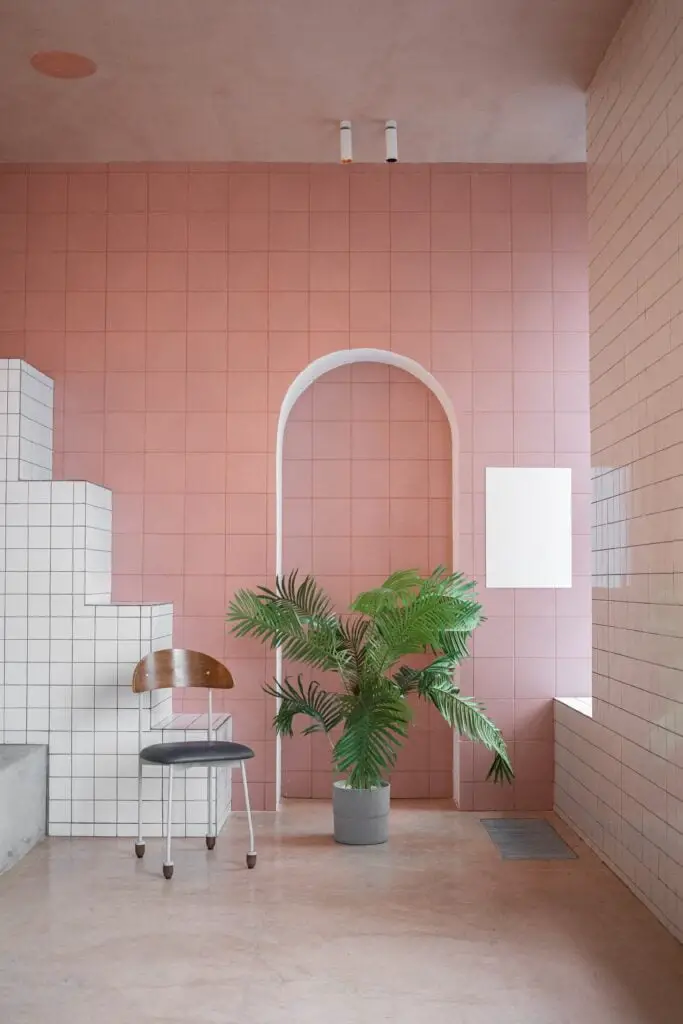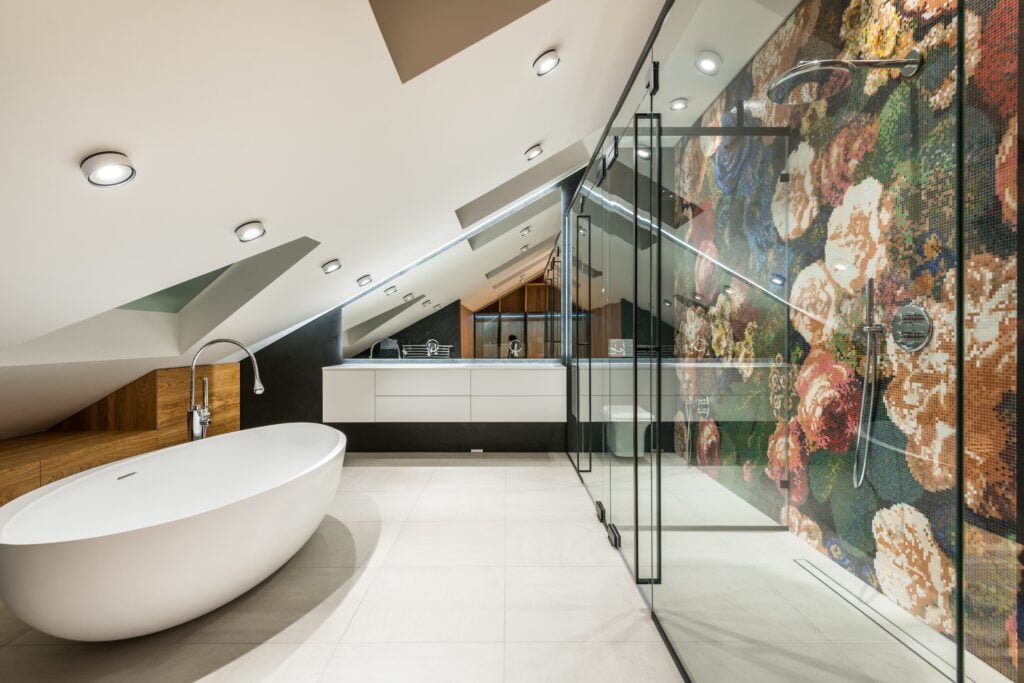Any home can benefit from the powerful, practical beauty that natural slate can add. There are benefits and drawbacks with any flooring, though. Check out our list to see if slate is the ideal option for you if you’re thinking about using it as your flooring material.
Pros of Slate Flooring
Durable! One of the most durable natural stone flooring options is slate. It is not susceptible to chips, fractures, scratches, or cracks. Although regular sealing is required, it’s a great alternative for bathrooms, kitchens, and high traffic areas.
Long-lasting! If kept properly, slate can survive for decades.
Unusual and lovely! Slate comes in a huge variety of colors, from solids to mixes. Also, since it is a natural material, no two pieces will be exactly alike!

increase the worth of your house! Slate is a more upmarket flooring option, so even while its cost can be costly, it usually increases the overall worth of your home.
Reparable! A tile may occasionally sustain damage. Slate tiles are very simple to remove and replace, but because of their natural state, you can have trouble finding an exact match if you don’t have extras on hand.
Wonderful for radiant heating! The ideal material for radiant below-surface coil heating systems is slate.
Cons of Slate Flooring
Expensive. Slate tiles typically cost between $4 and $10 per square foot, and expert installation might add another $10 to $15 per square foot to the price.
Installs with difficulty. In order to avoid cracking of the grout joints or the tiles themselves, the subfloor and underlayment preparation for slate tile must be done extremely carefully. Slate tile is challenging to cut without specific tools. You might even need to strengthen the floor structure if you plan to install it upstairs in order to sustain the flooring!
Maintenance. The tiles must first be sealed with a penetrating sealer to close teeny pores and a barrier sealer to provide a protective surface before being sealed again. Every year or so, both sealers might need to be reapply. Furthermore prone to cracking, grout lines can be stained, moldy, and mildewed, especially in humid environments.
Uncomfortable at times. There are various textures for slate tiles. Yet, certain varieties of polished slate have a rough, uneven texture.
Hard, cold surface. Slate can be exceedingly cold without radiant heating, despite being an excellent flooring option if you have it. Owing to its hardness, you should avoid using it in children’s bedrooms.
Inconsistent. Slate is unique, as was already explained, and this can make future repairs challenging if you want uniformity.
Conclusion
Slate tiles are a sturdy and lovely material, but before buying and installing, be prepared to think about their high cost and upkeep requirements.
To see other material construction, please see here.
To know other construction guides, tips, and methodology for beginners, veterans, and contractors, please see here.

